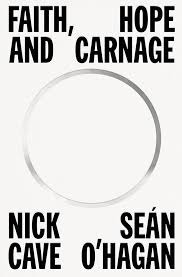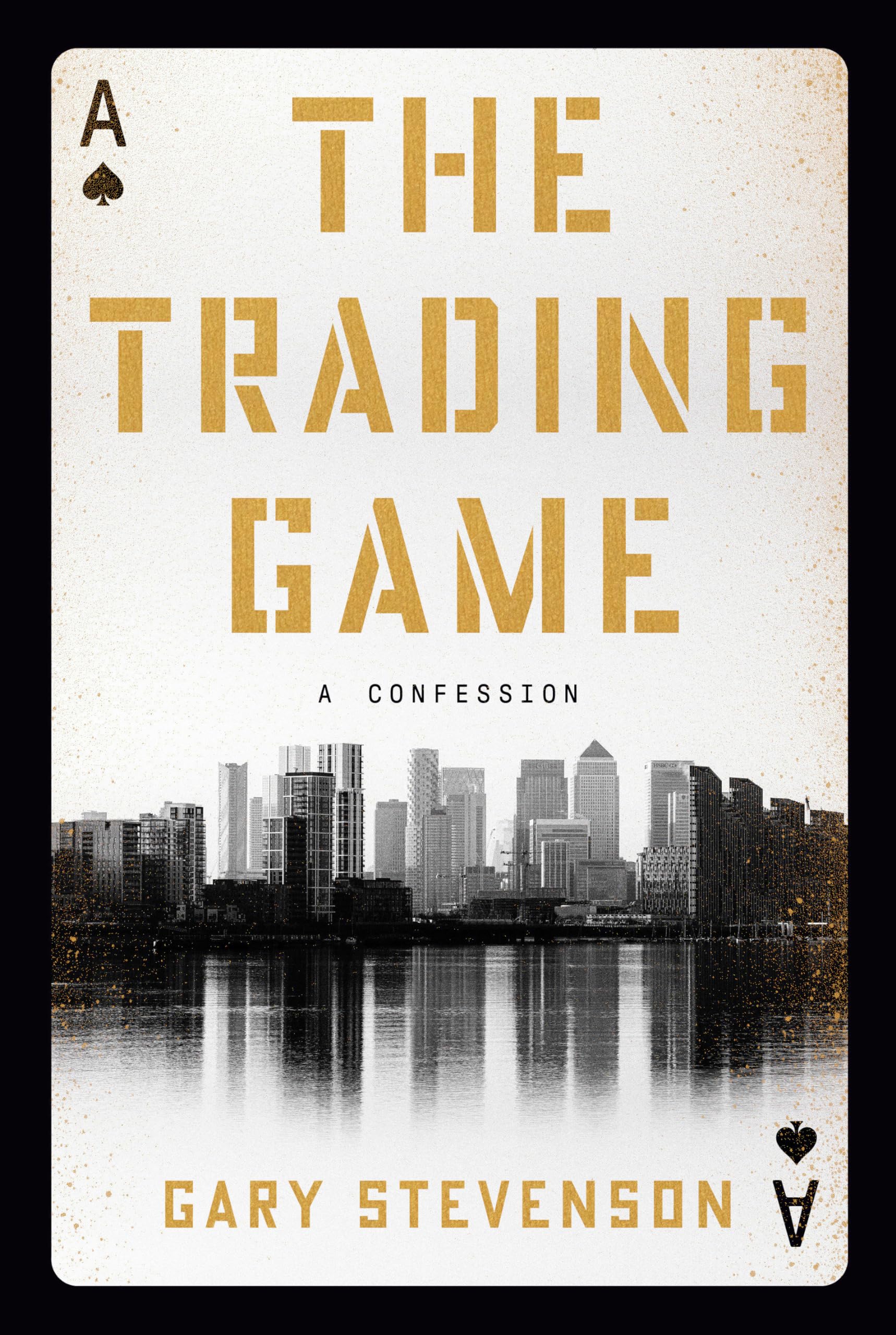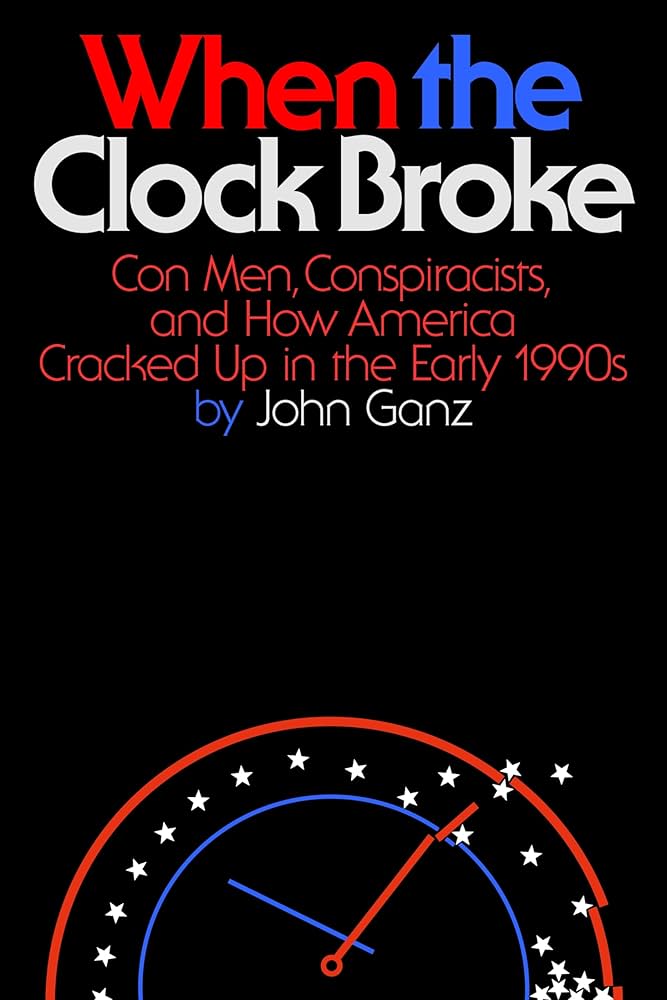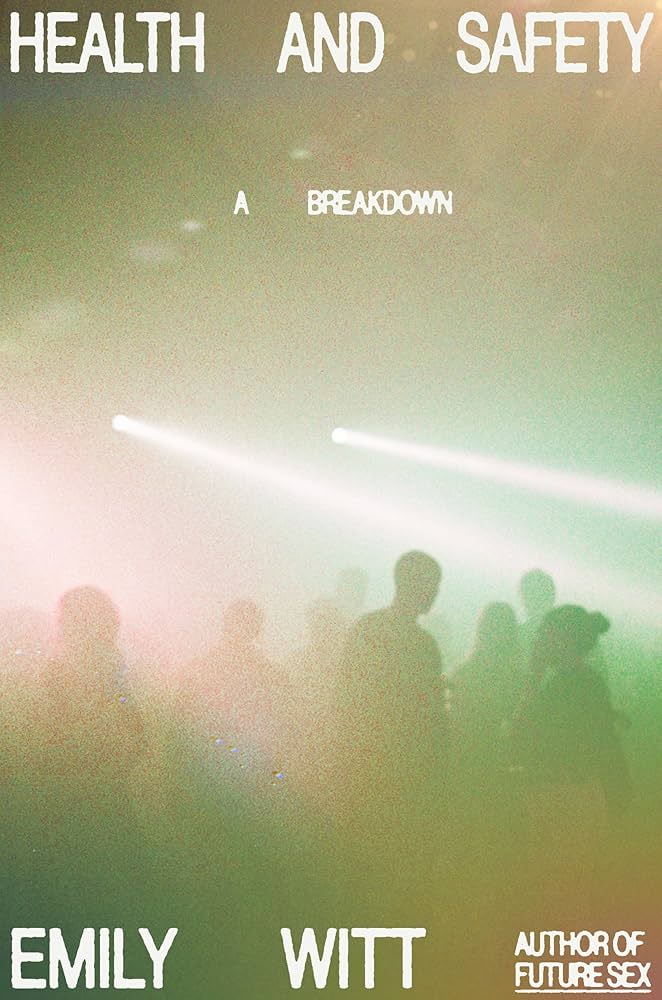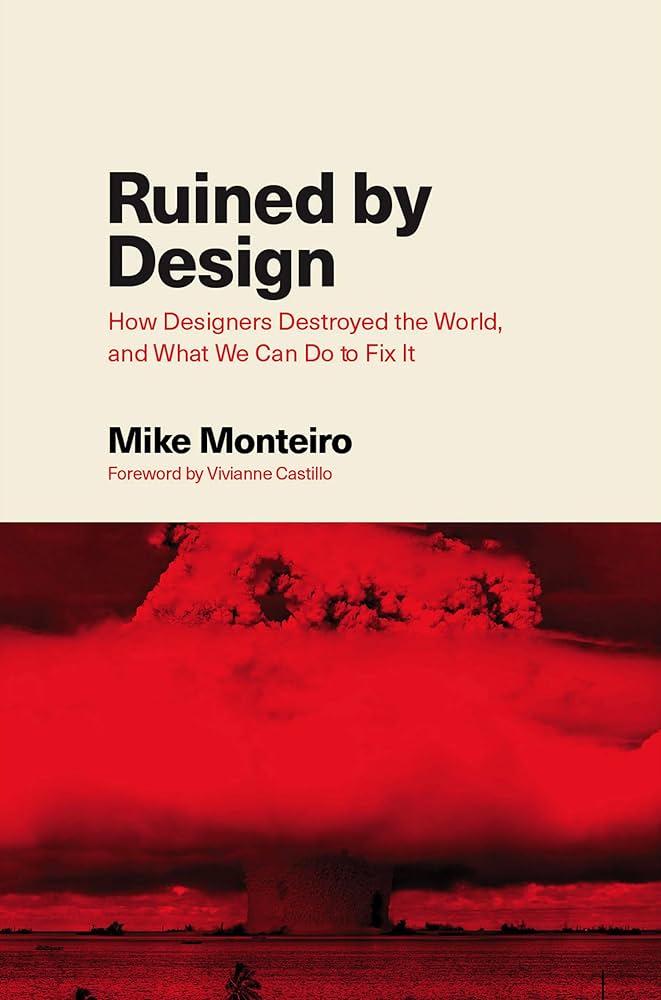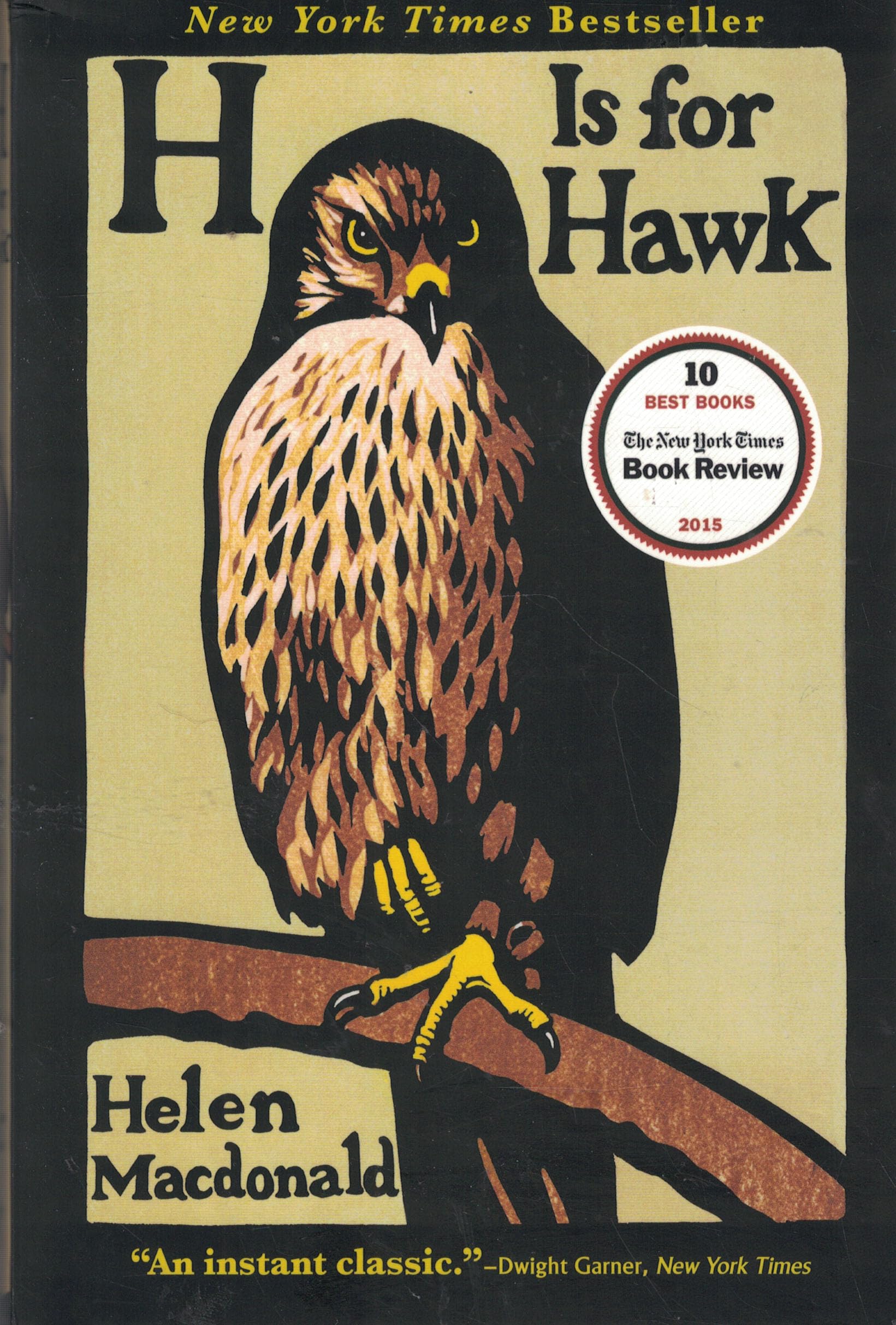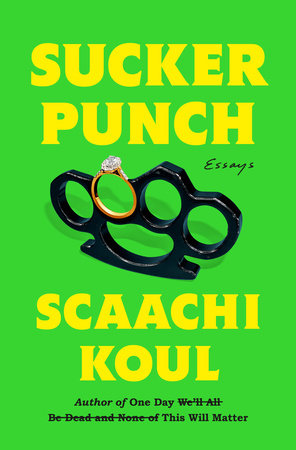I’ve long been a Nick Cave admirer, but maybe not a fan. I’ve listened to a bunch of his music and seen him live once. He inspires unbelievable loyalty in his fans. And The Red Hand Files is a really beautiful thing.
So while his music has never really connected with me, he’s an interesting person with an interesting story. And he doesn’t shy away from saying provocative, honest things, which is a rarity in celebrity culture. Maybe he’s been at it for so long he feels there’s nothing left to lose, maybe he’s just cut from different cloth.
At any rate, this book changed me into a fan of his music too. It has the story arc of a novel. It affected me deeply and I’m going to think about it for a long time. It likely changed the way I think about some things in a permanent way. I’ll definitely read it again.
It’s a series of interviews conducted over about a year-long period, starting during the first pandemic lockdowns in 2020. Cave was especially vulnerable at this point — his teenage son had died in an accident and he was still grieving it. He had recently finished the tour to support Skeleton Tree. The album that he wrote in the wake of his son’s death, Ghosteen, had just been released, but his tour had been cancelled because of Covid. Through the year that these interviews occur he has several other major losses in his life. He also records a new album (Carnage) and goes on tour. Here is a series of YouTube videos with more background and a bit of an introduction to the material.
The book touches on a hundred topics, including religion, drugs, death and loss, grief, redemption, recovery, the power of art, the creative process, and many more.
Here he is talking about the importance of religion in art:
From where I’m standing, an explicit rejection of the divine has to be bad for the business of songwriting. Atheism has to be bad for the business of making music. It has to put you at a distinct disadvantage because it’s a kind of narrowing of options and a denial of the fundamentally sacred dimension of music…I tend to think most musicians have more time for these spiritual considerations, because when they make music, when they lose themselves in music, fall deep inside it, they encounter such strong intimations of the divine. Of all things, music can lift us closer to the sacred.
Here he is talking about trauma and recovery:
But what I want to say is this: this will happen to everybody at some point – a deconstruction of the known self. It may not necessarily be a death, but there will be some kind of devastation. We see it happen to people all the time: a marriage breakdown, or a transgression that has a devastating effect on a person’s life, or health issues, or a betrayal, or a public shaming, or a separation where someone loses their kids, or whatever it is. And it shatters them completely, into a million pieces, and it seems like there is no coming back. It’s over. But in time they put themselves together piece by piece. And the thing is, when they do that, they often find that they are a different person, a changed, more complete, more realised, more clearly drawn person. I think that’s what it is to live, really – to die in a way and to be reborn.
This book is about finding the strength and courage to continue making art after an unfathomable, senseless loss. We see Cave angry, furious, lost and despondent, as he slowly finds peace with it all.
Here is a bit about how he and his wife Susie have survived the tragedy:
Susie and I are essentially bound together by love and catastrophe, but there is also the shared project of grief: we both understand what we are going through, and we know how to tread lightly around it and to keep each other afloat.
You know, I could never have got through this whole thing without Susie, and I suspect she couldn’t have made it without me, but neither of us would have survived without the work. We had to get up in the morning because something needed to be done. Arthur’s presence within Susie is as real and existent as her blood and bones and is a complex and motivating force that mostly radiates outward in good and beautiful work. I say ‘mostly’ because at times it can turn on itself, become interior and paralysing. But that is rare, these days. Susie’s work is more than an occupation; it is a last measure, a strategy for survival, and a way of being strong enough for those of us still here.
It’s astonishingly affecting stuff. He’s articulate and poetic in normal conversation, and major credit is due to O’Hagan for not just making the book a reality, but for being an outstanding interviewer.
All this, and the most memorable part of the book is not even in Cave’s words. He’s describing a submission he got to The Red Hand Files from a woman named Tiffany, who had also lost a son, and had been inspired by a song of his to share a poem she wrote.
The poem itself is below (I can’t find it online to link to it), and here’s an article with a lot more about it. I wish I could link directly to it, but the website won’t let me pay for access for a single article. I’ve included a recording of her reading it (It’s from this site, but their stream and embeds don’t work). Hit play and read along below, with a box of tissue handy:
young death
when young death shines a flash
on your
2am
the cop says takes the breath right
collapses your
stills your
stops the
your knees
and your brain
you drive in
and greet young death
he’s he’s he’s he’s
on a hospital
tube in his
on a
under the
in the
bedroom that marks his growth and
he was a baby here once
there’s his
height
see?
pencil marks on the
cosmo 2, 3, 4 and a half, 6, 7, 9¾, 10, 13,
and his precious
that filled the house with mute
sister’s drawings on the
chair where
there he lies
still
tube in his
grey pallor
it is your
it is not your
hold him for the last
small sob falls
frozen
want to
want to
forever
young death kisses
wraps you in cold
your son
watching
your son
wanting
reach out and touch
it’s ok Mum
it’s ok Mum
here
the light is beautiful
i’m happy
really
you kiss him one
you kiss him
last time and return
to his Dad
hold hands breathless
wait
for dread dawn to break
your sleeping daughter
to wake
Tiffany, Australia.

